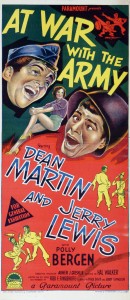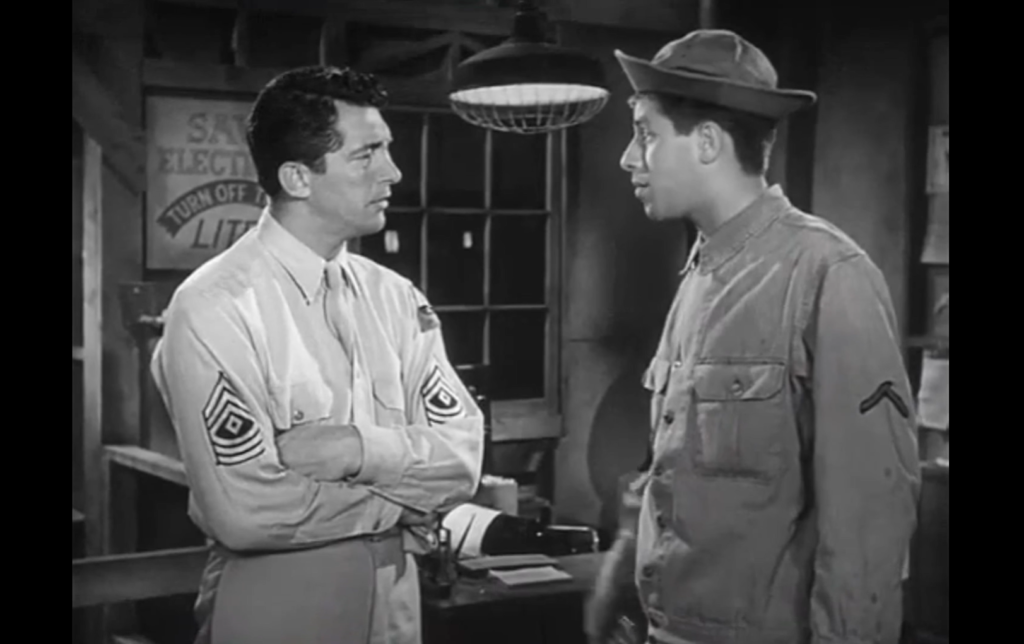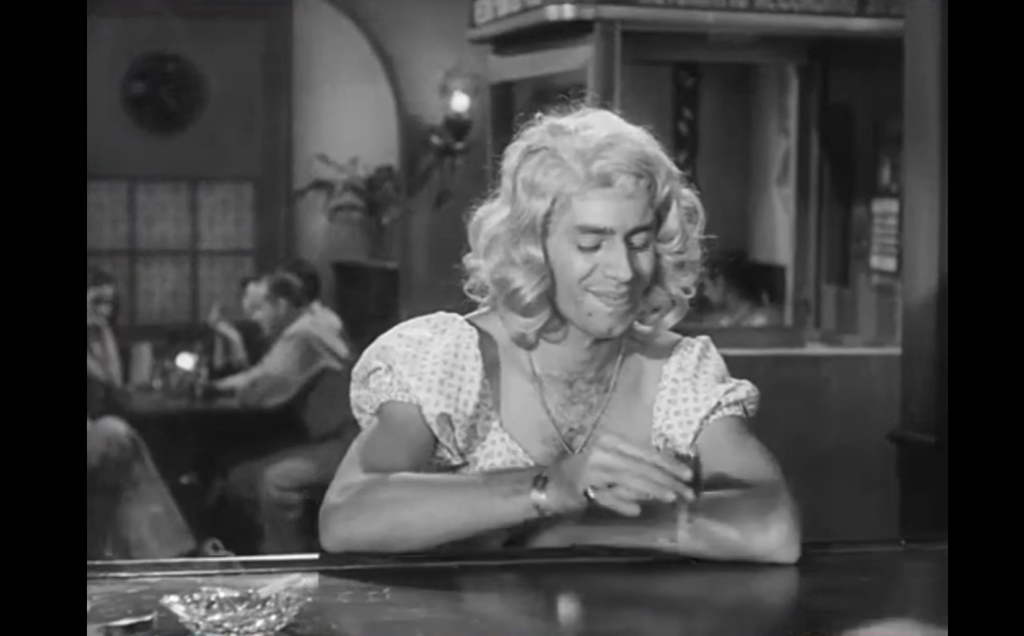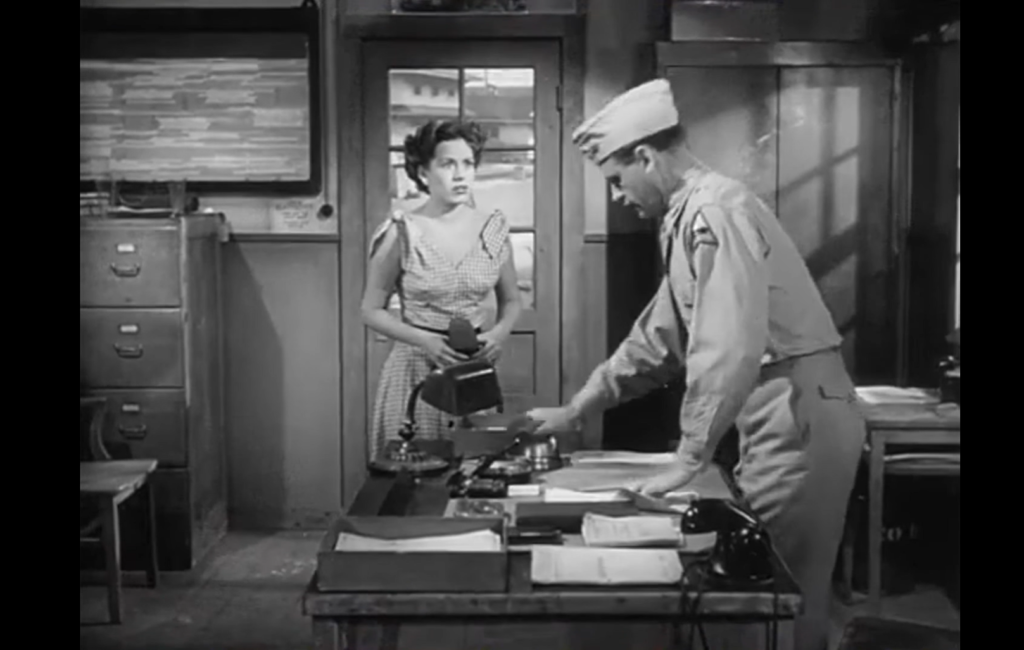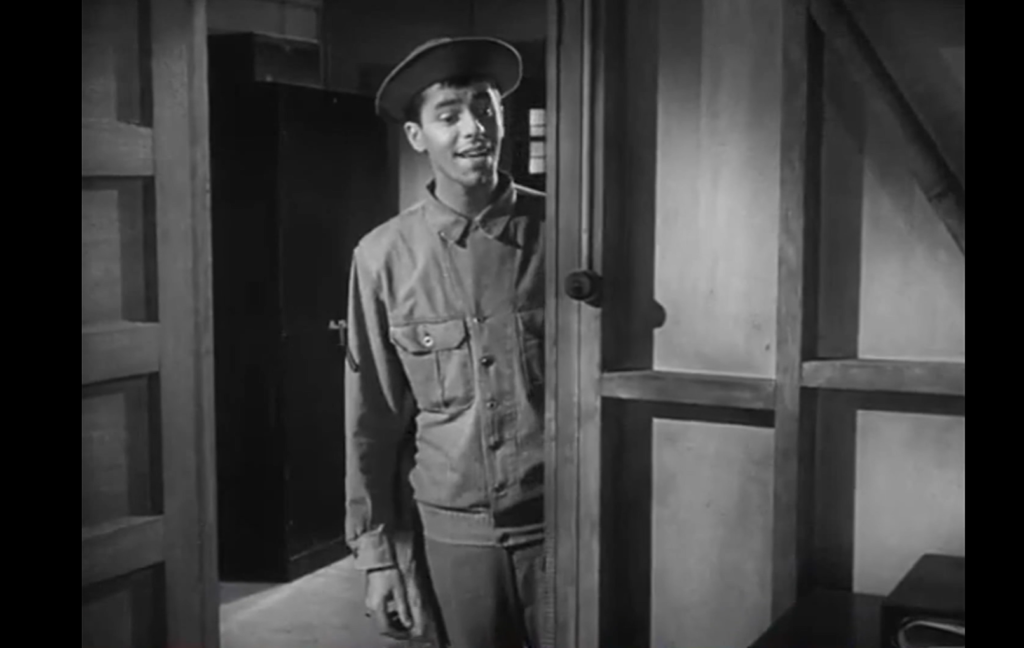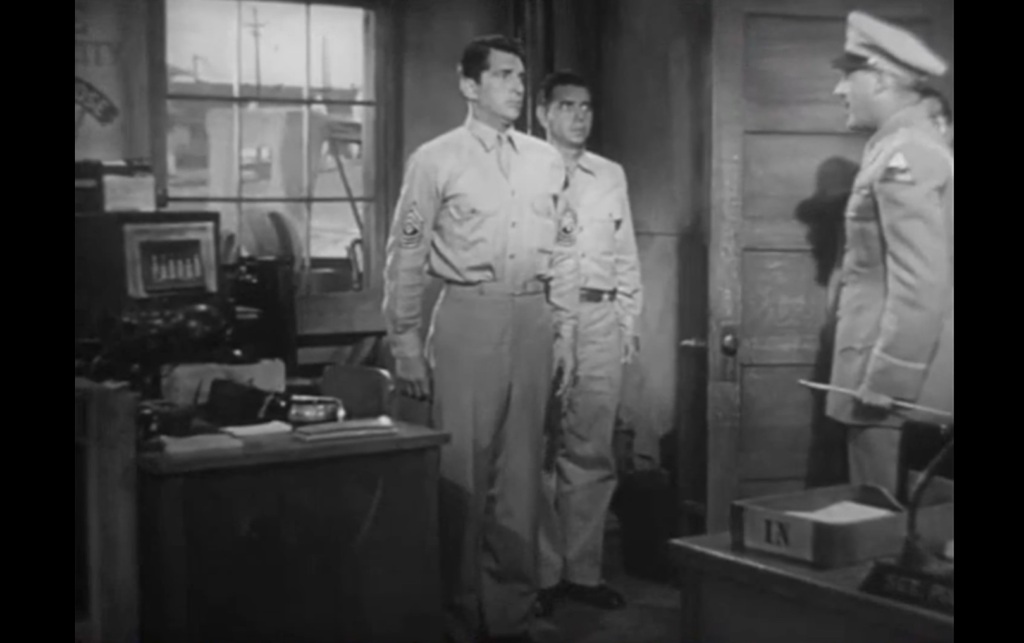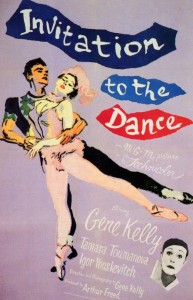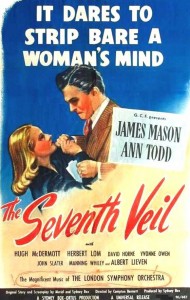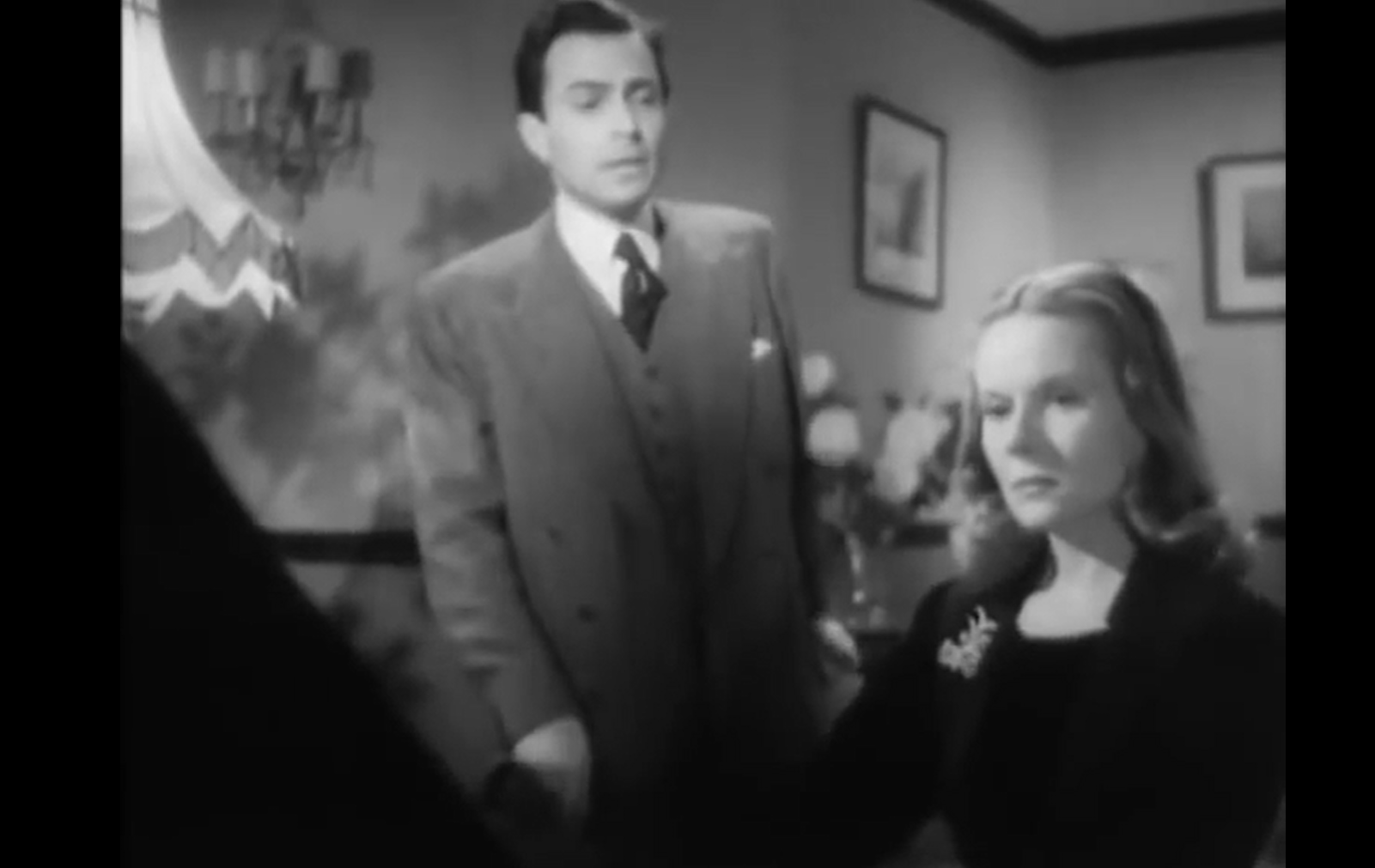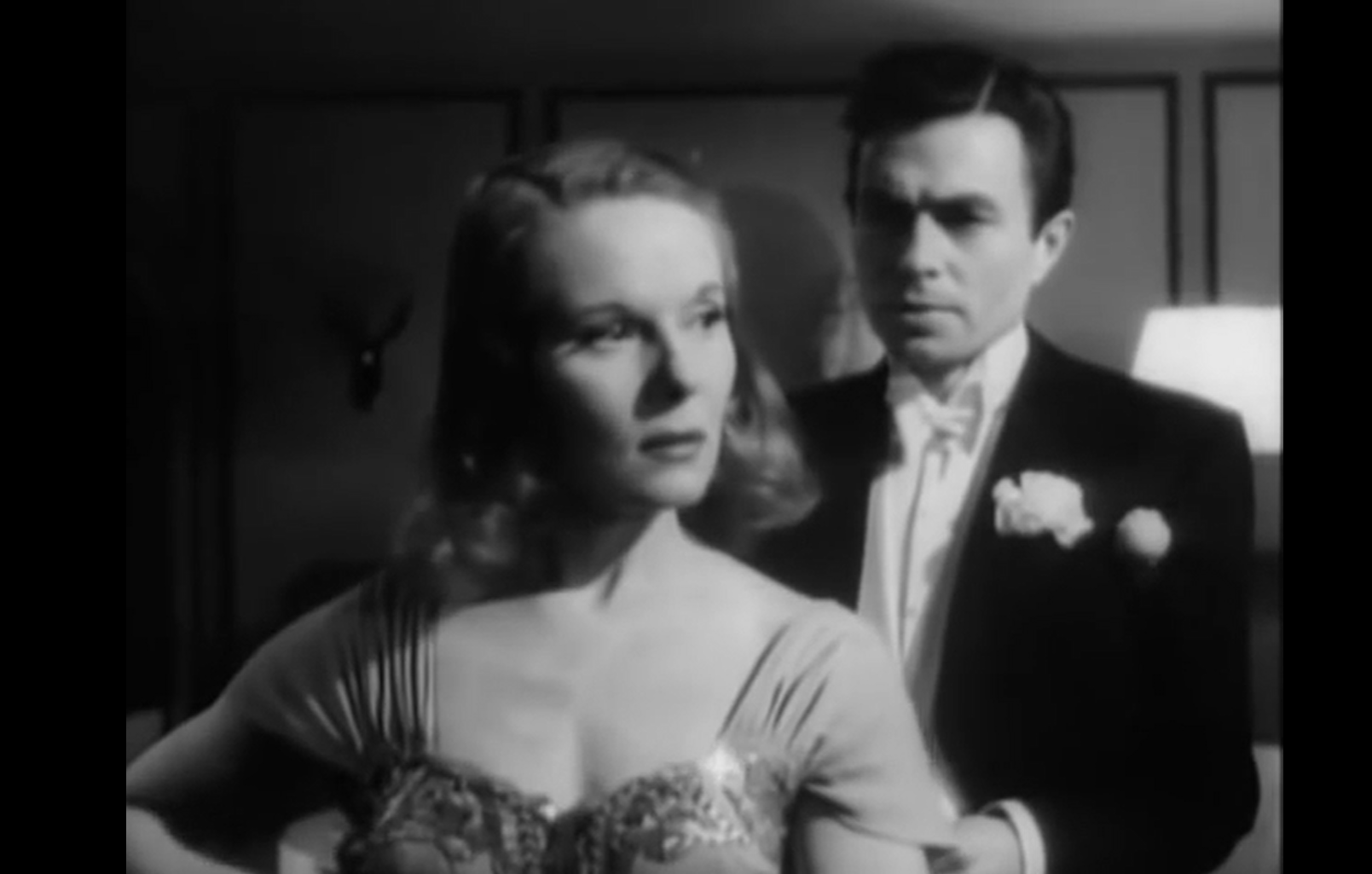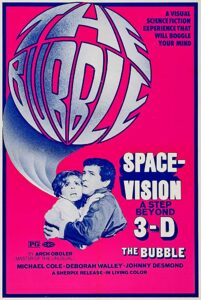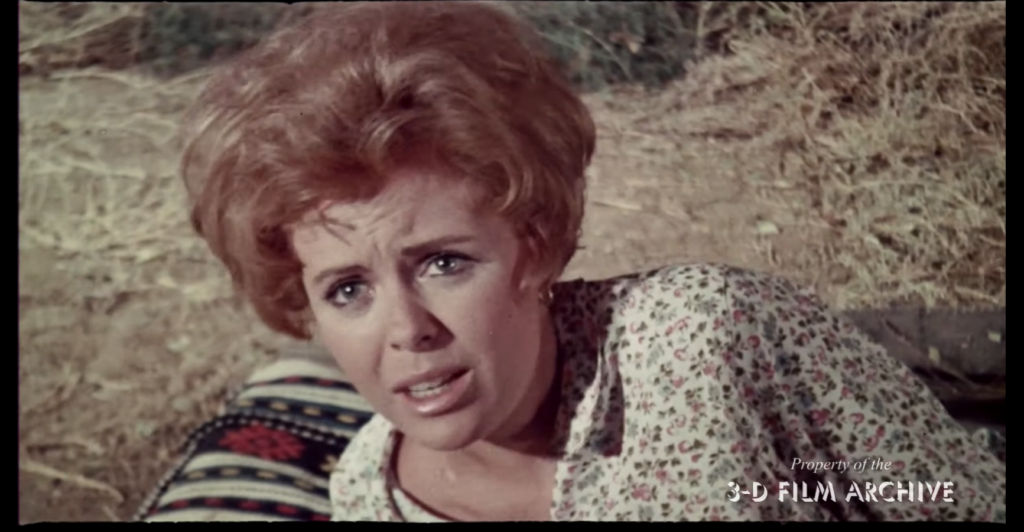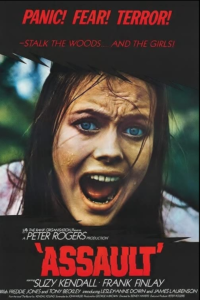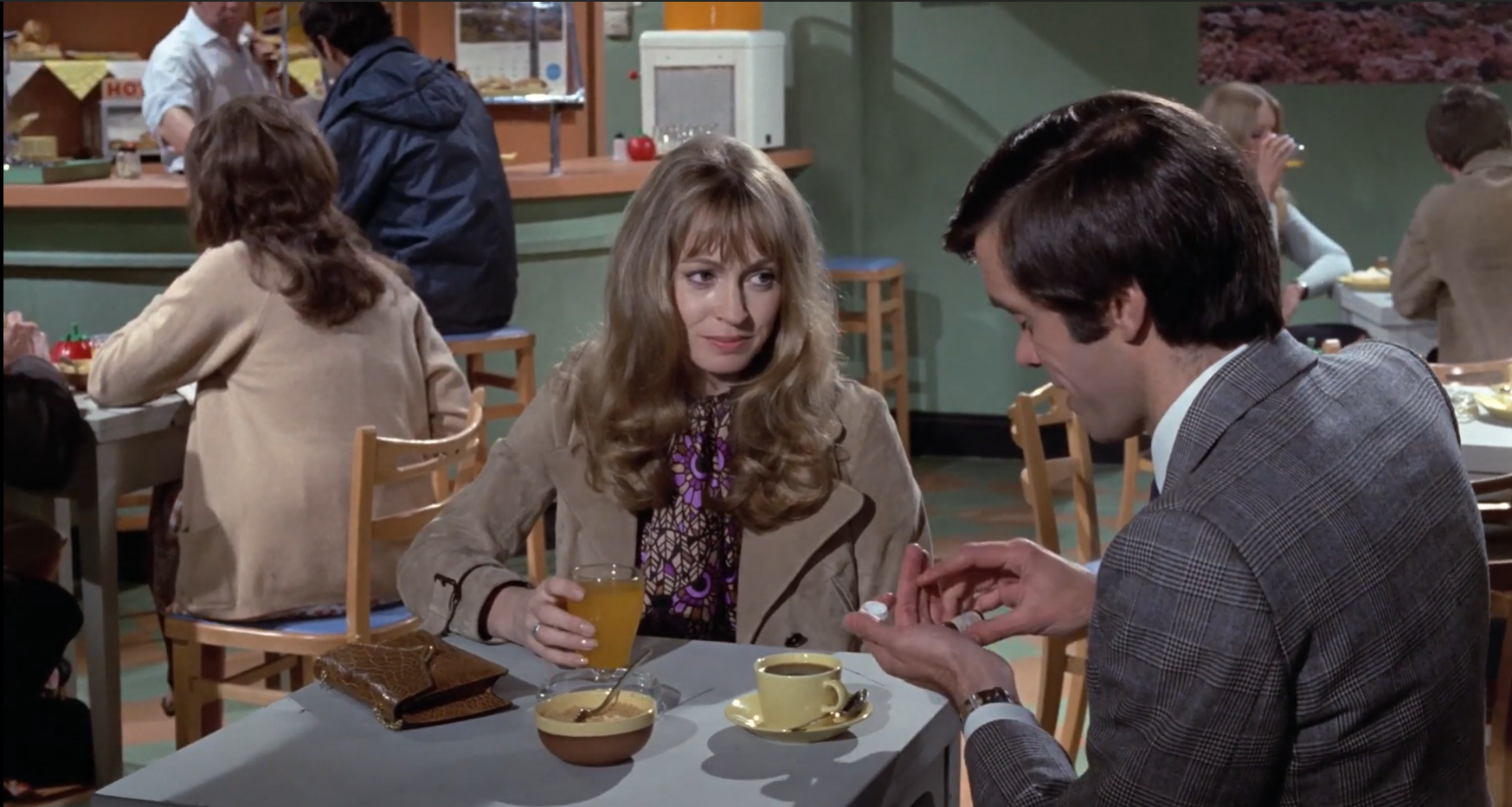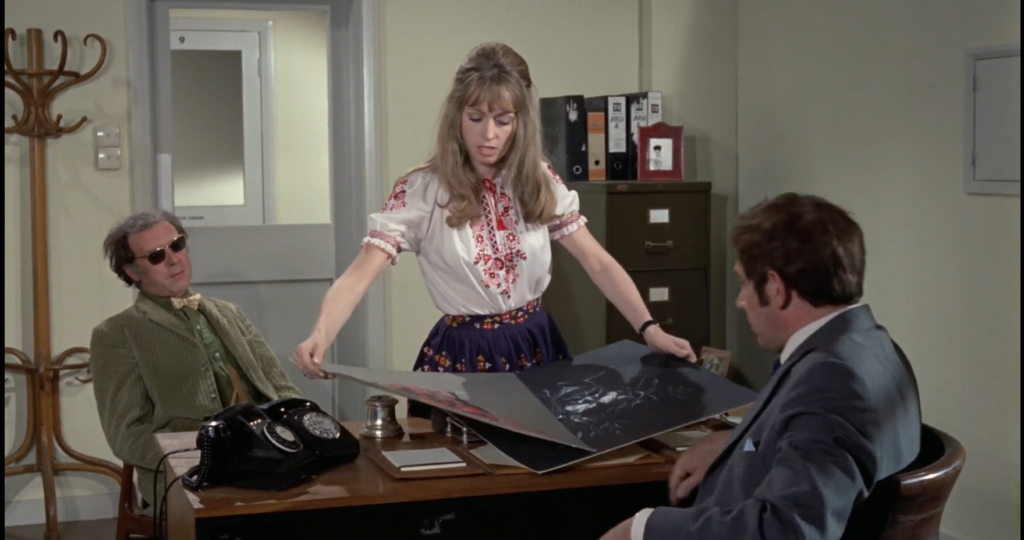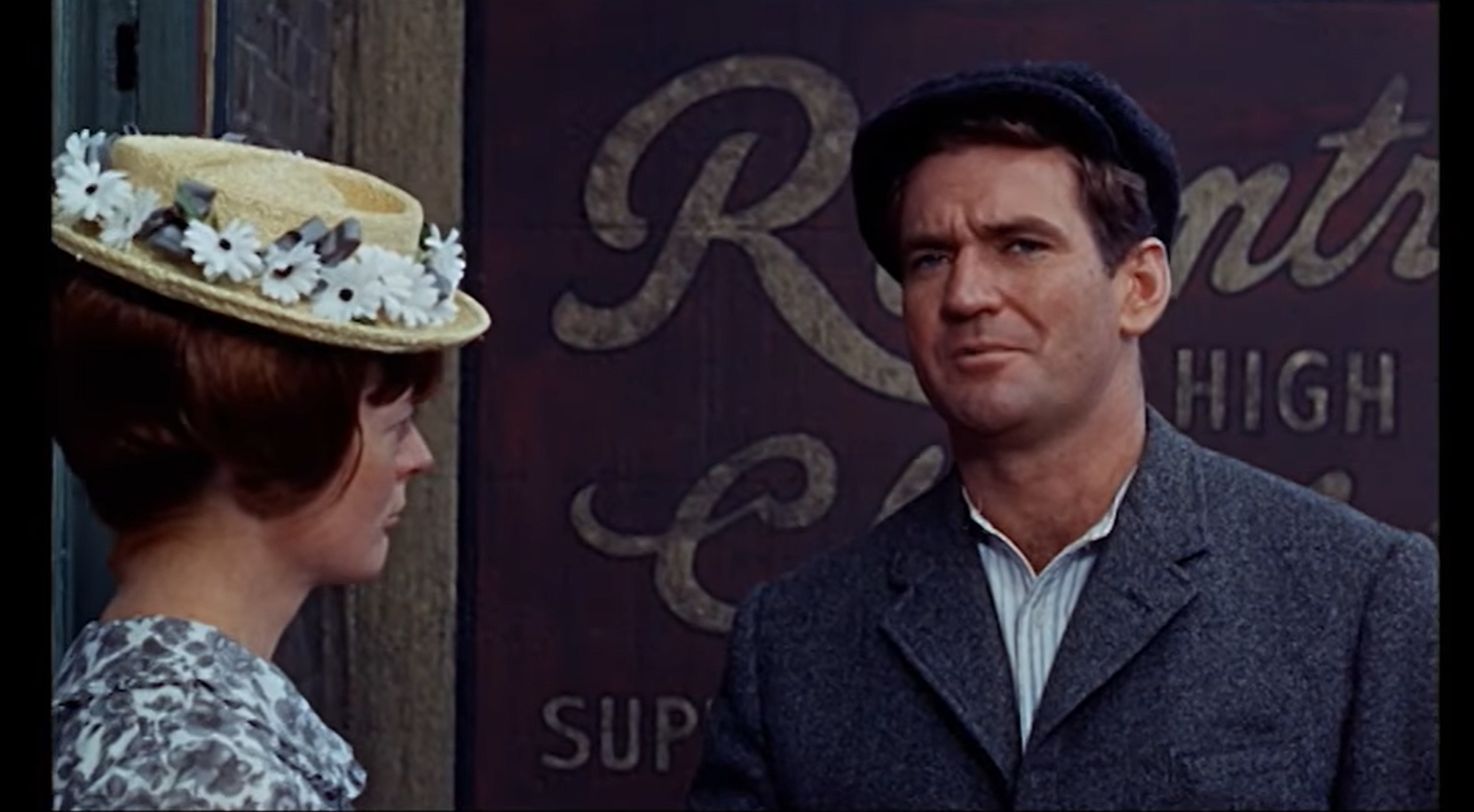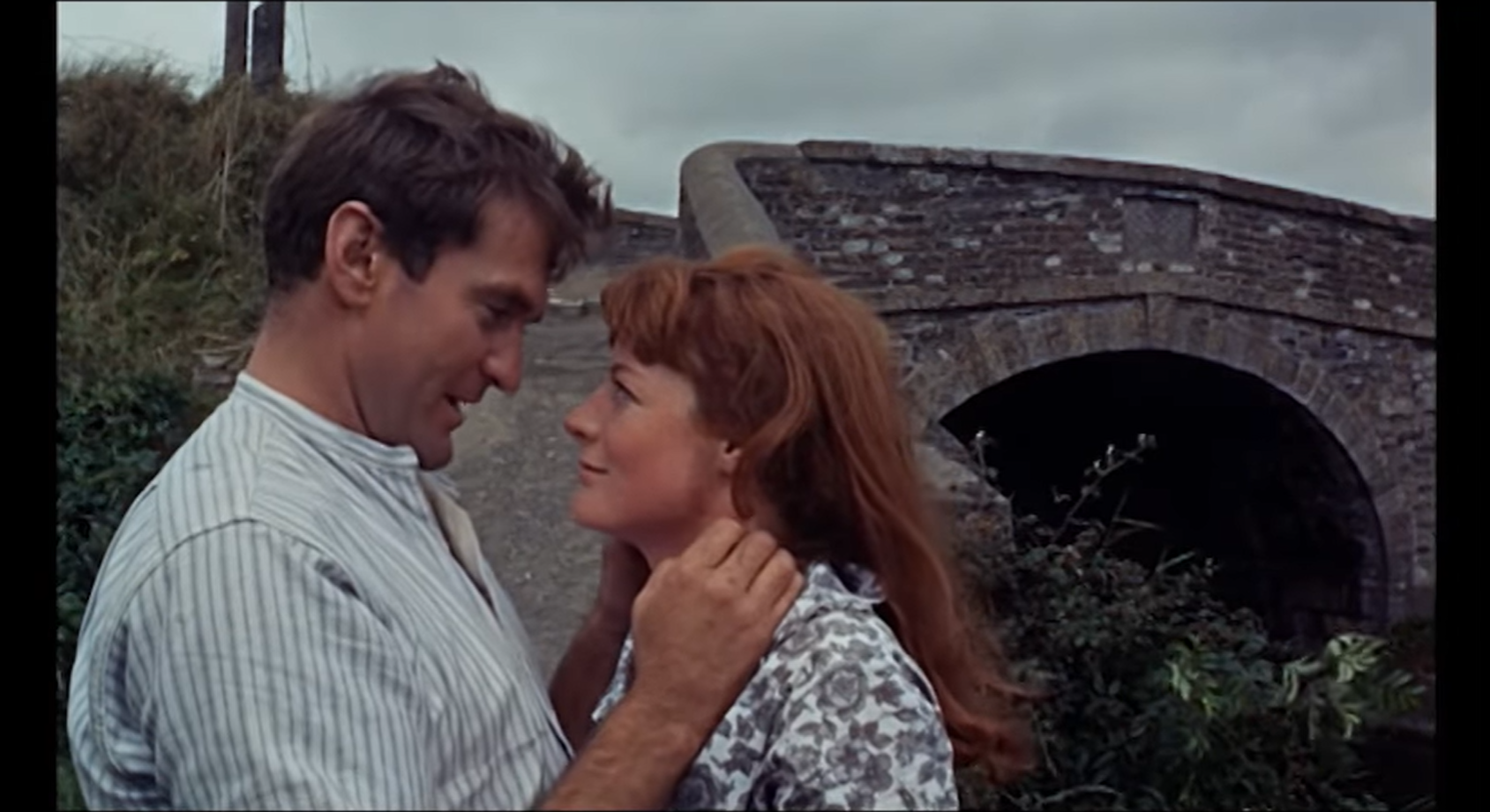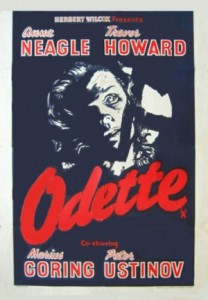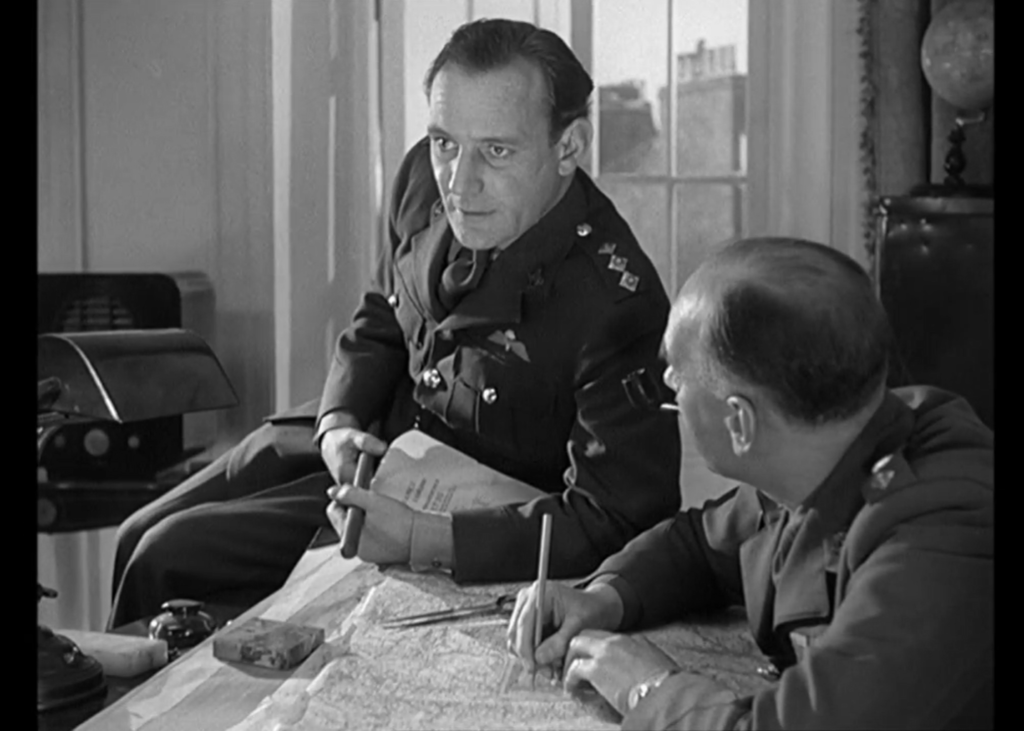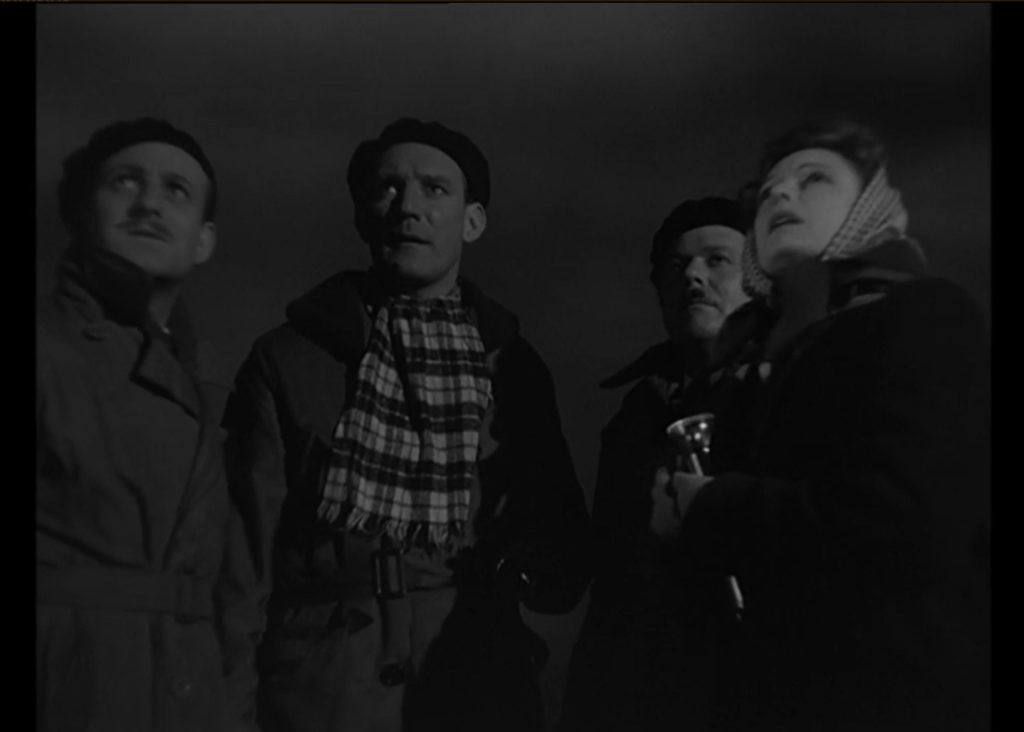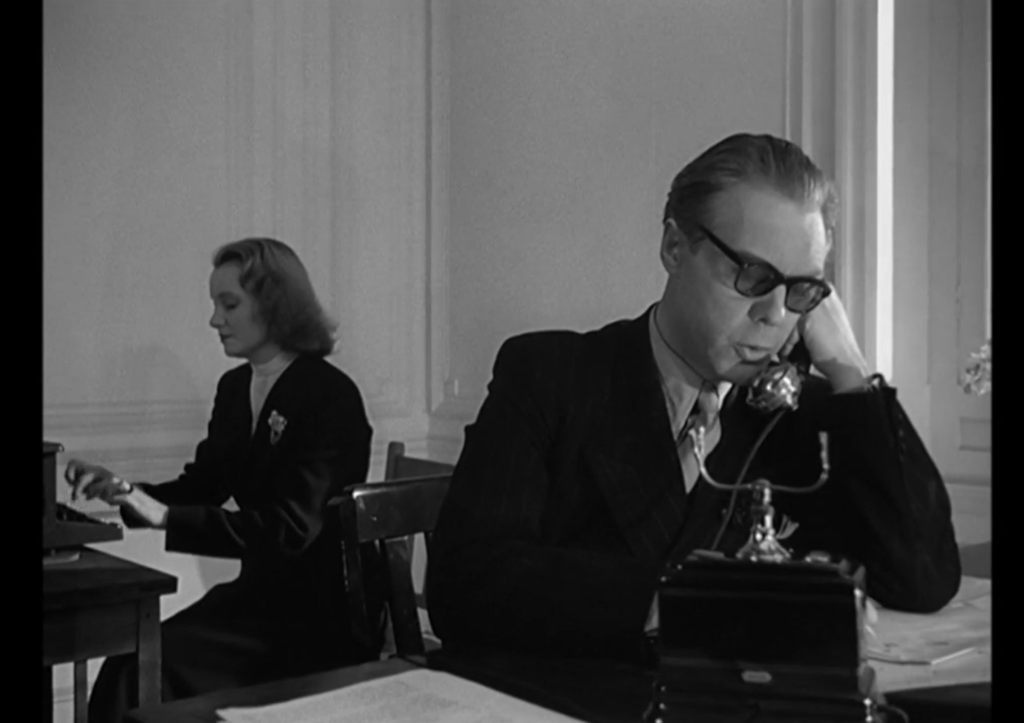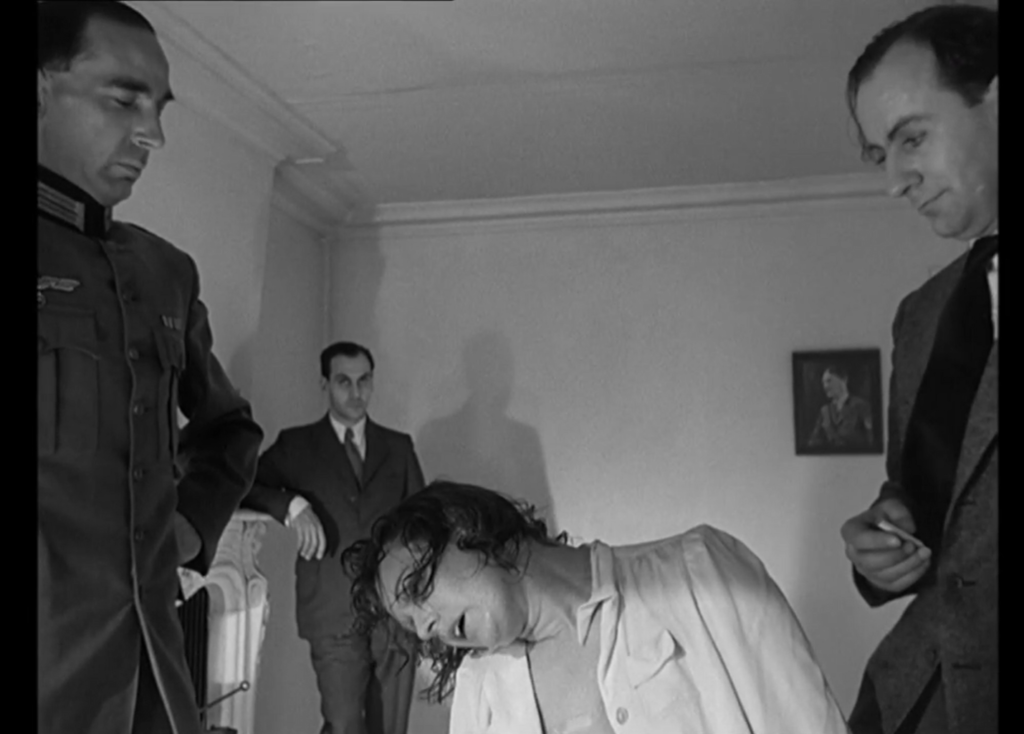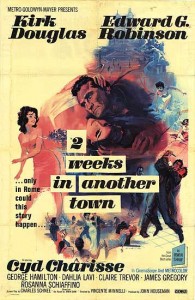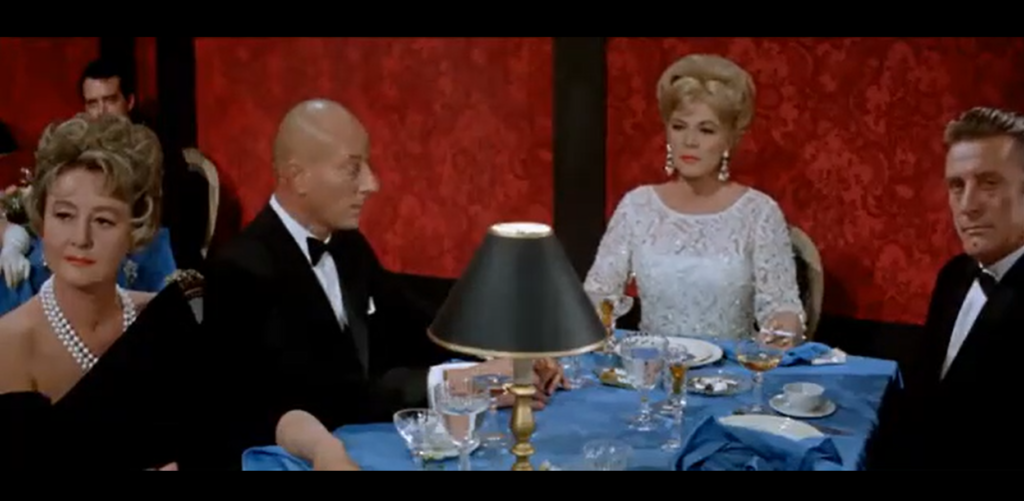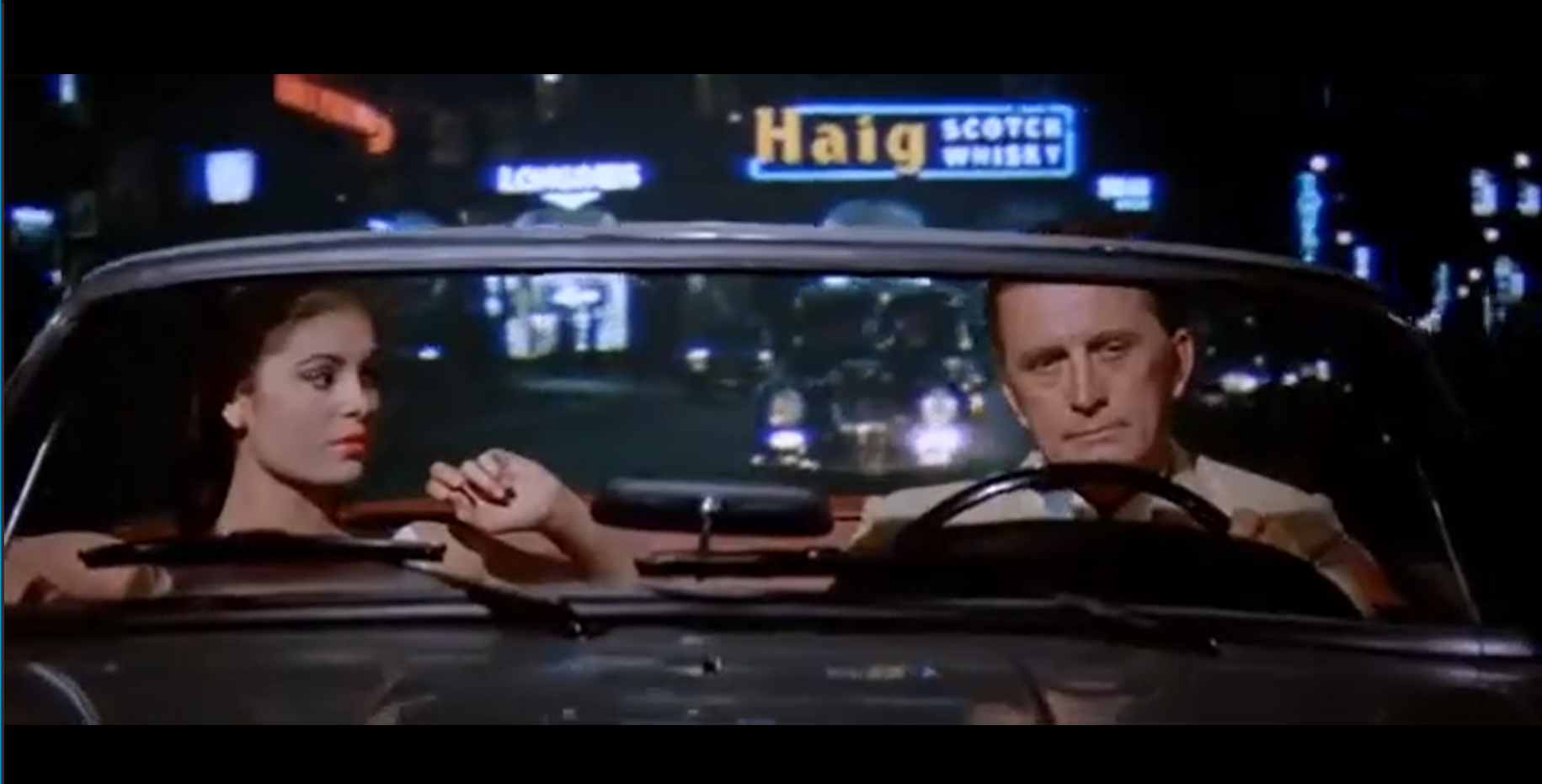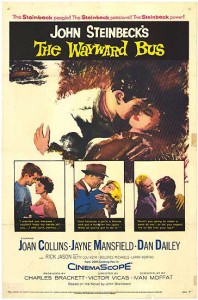“To live in this world, one has to be what one is: primitive, savage, a creature of the jungle!”
|

Synopsis:
An embittered postman (Eli Wallach) plots to kidnap a beautiful young woman as a statement to the world. Instead, he accidentally kidnaps an unhappily married housewife (Anne Jackson) who has dreams of re-entering college, and can relate to Wallach’s frustration.
|
|
Genres:
- Black Comedy
- Eli Wallach Films
- Kidnapping
- New York City
- Play Adaptations
Review:
Eli Wallach shines in this delightful black comedy, based on a one-act play (“The Tiger”) by Murray Schisgal. Director Arthur Hiller maintains a fast pace throughout, and does an excellent job opening up the play to include New York settings. The performances all around are wonderful (it’s too bad Jackson, Wallach’s real-life wife, never became a big film star — she’s wonderfully droll here), and there are countless laugh-out-loud moments. Unfortunately, however, the fact that Wallach’s character is essentially a rapist on the prowl for female “meat” adds an unsavory tinge to the entire affair; while the comedic tone of the film makes it clear that he’ll never succeed in his goal, it’s nonetheless disturbing to try to empathize with a protagonist who has rape on his mind.
P.S. Could this be the first cinematic portrayal of someone “going postal”?
Redeeming Qualities and Moments:
- Eli Wallach as the cynical, existential postman

- Anne Jackson as Gloria Fiske

- Ben’s upstairs neighbor (Bibi Osterwald) concerning herself with appearances while her leg is stuck through the floor
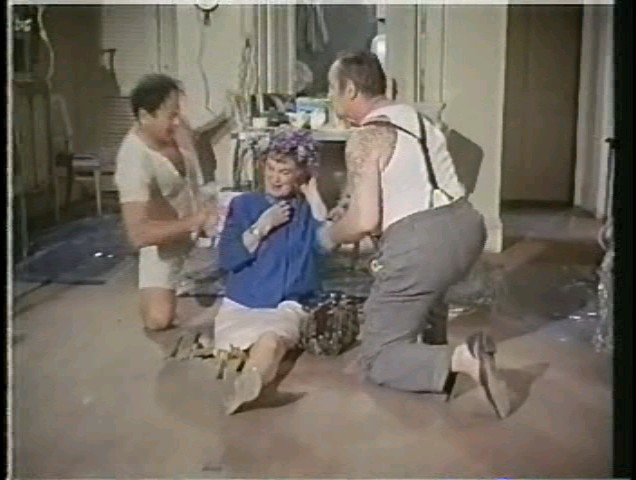
- Gloria’s bizarre meeting with a university admissions director (played by Charles Nelson Reilly)

- Good use of New York settings
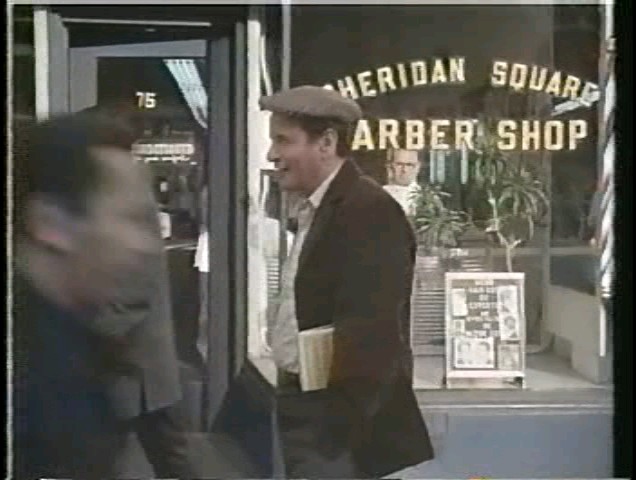
- Murray Schisgal’s irreverant screenplay
Must See?
No, but it’s highly recommended.
Links:
|
